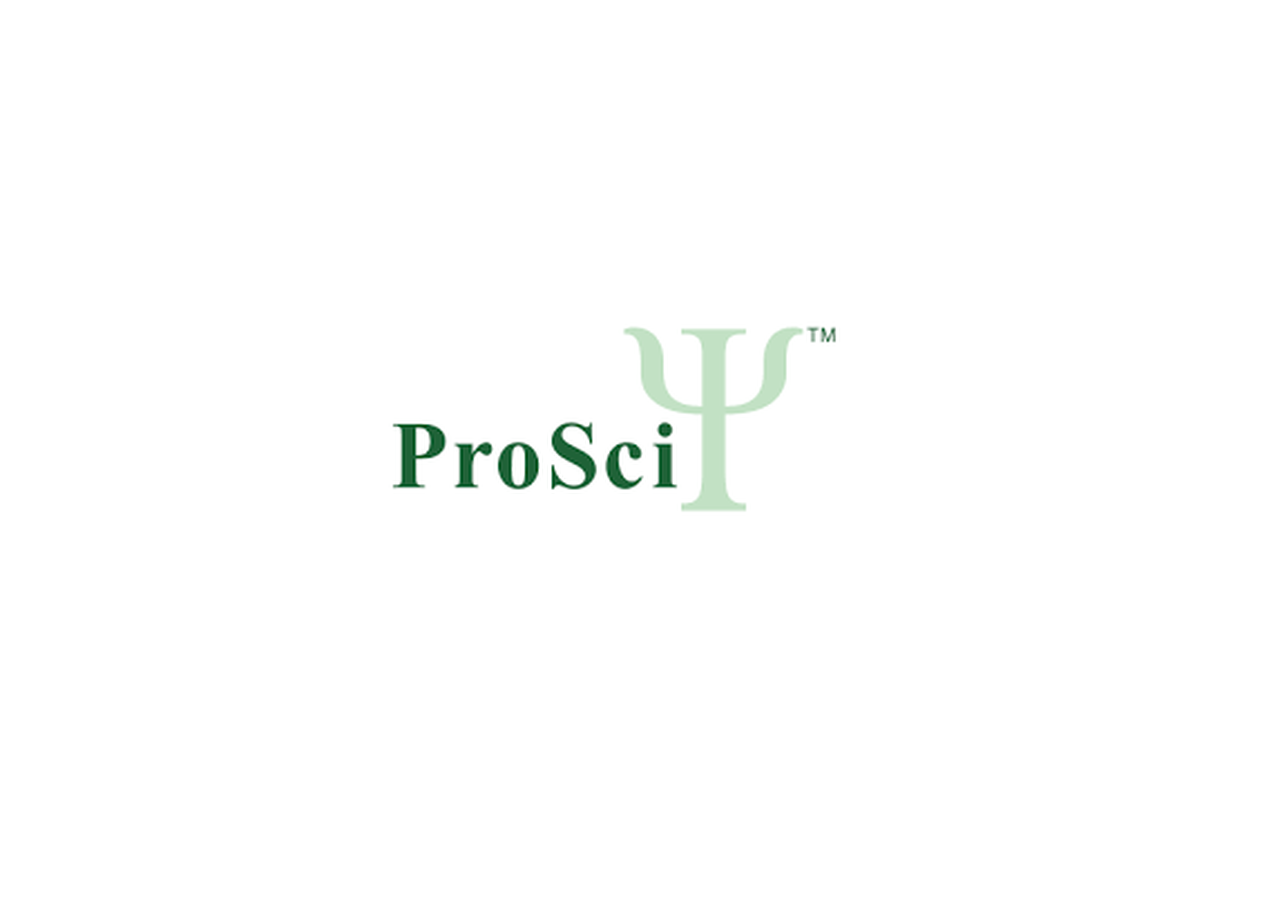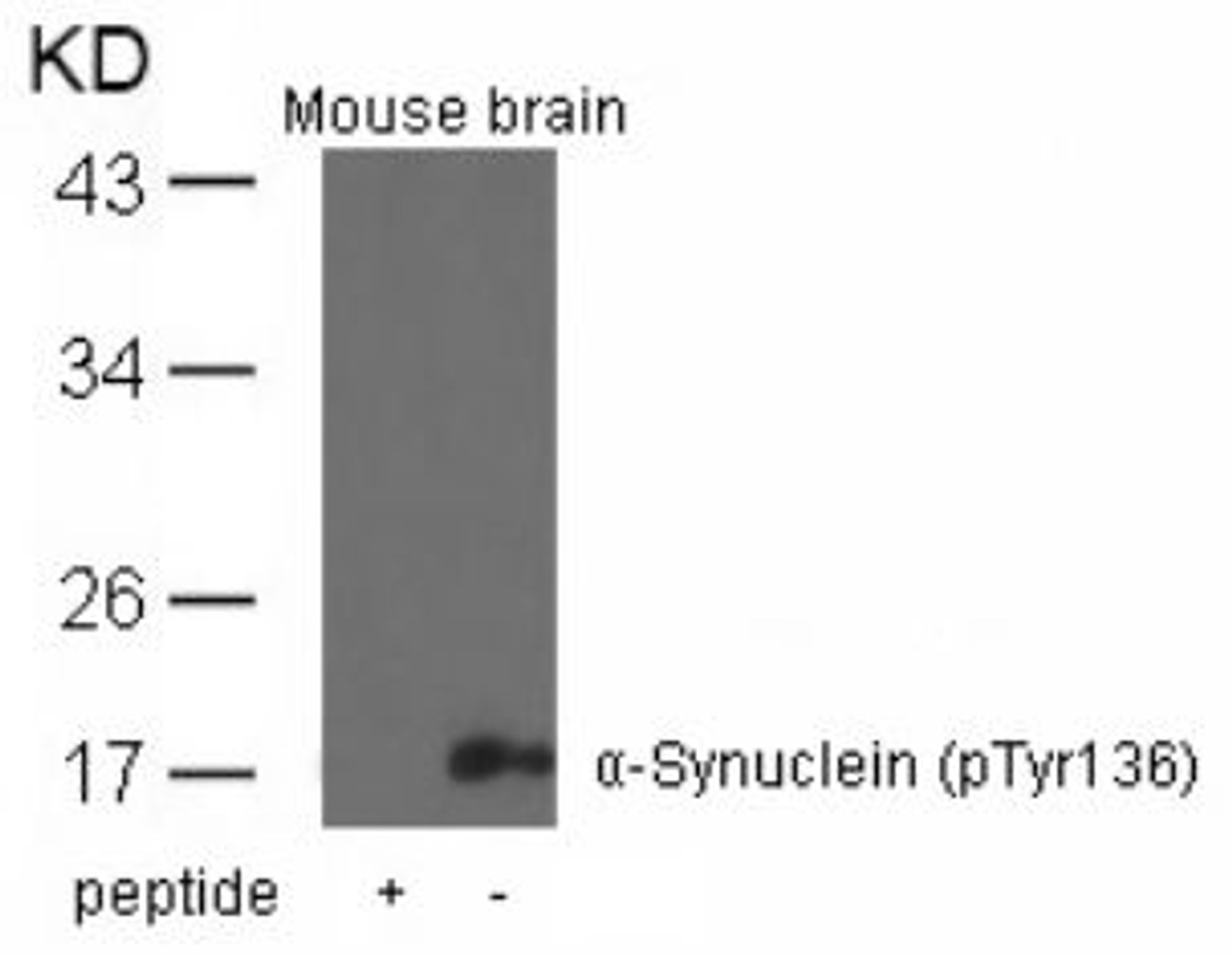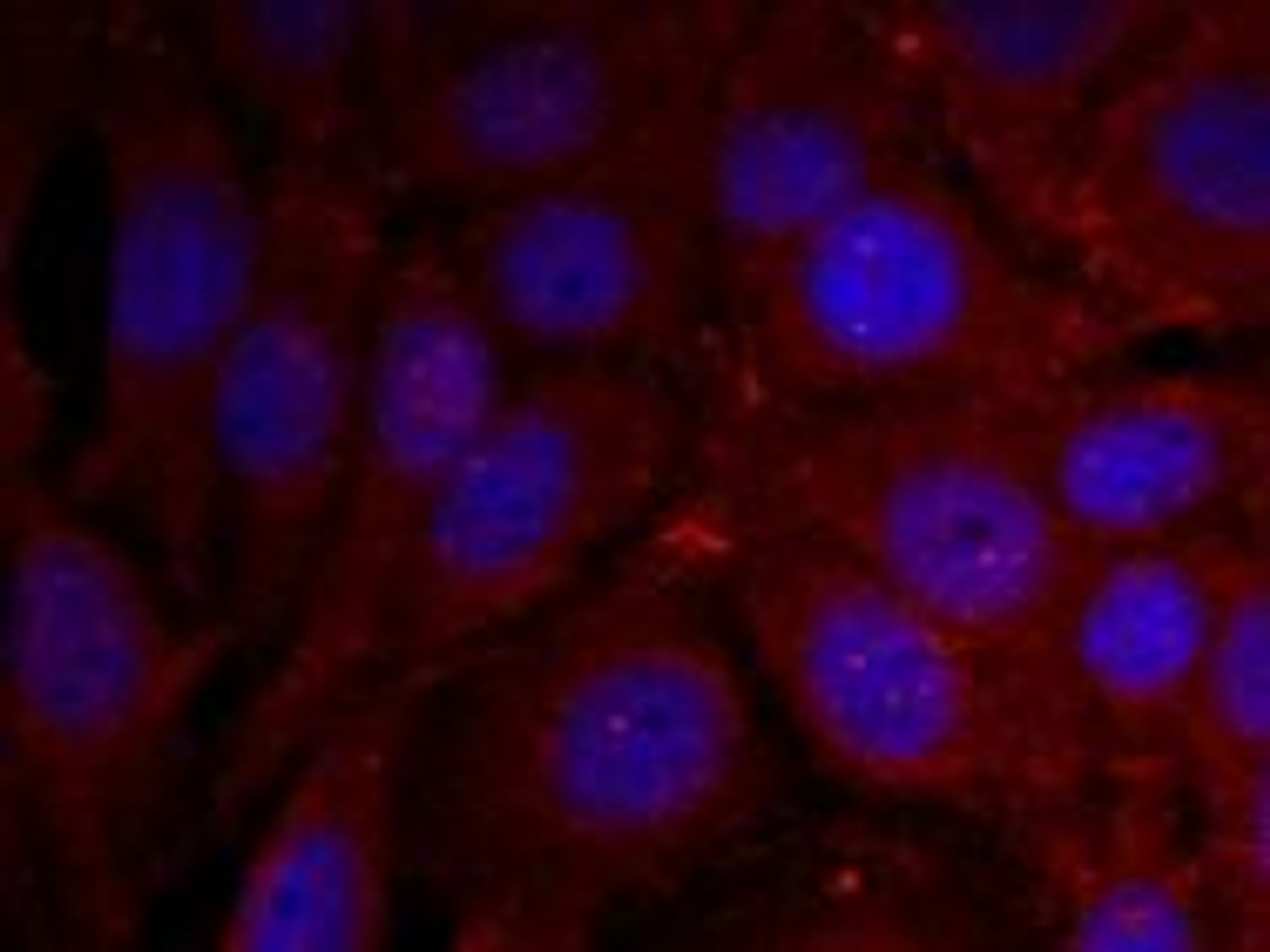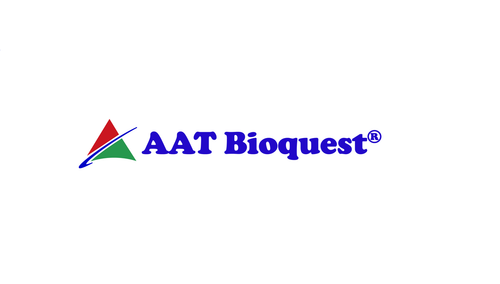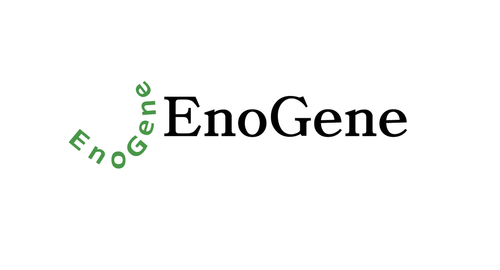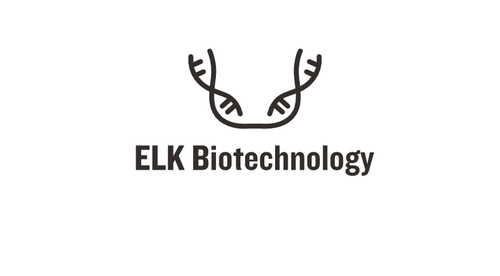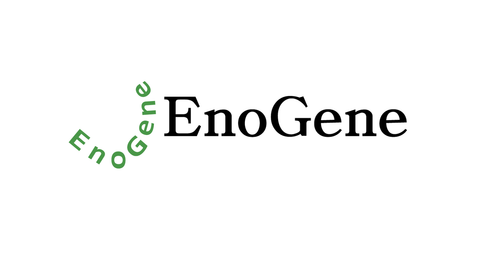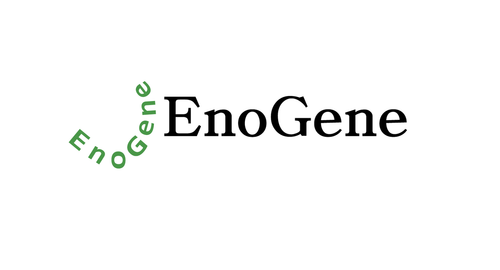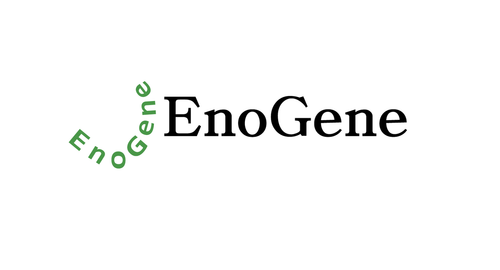Product Description
a Synuclein (phospho Tyr136) Antibody | 79-491 | ProSci
Host: Rabbit
Reactivity: Human, Mouse, Rat
Homology: N/A
Immunogen: a-Synuclein (Phospho-Tyr136) antibody was raised against a peptide sequence around phosphorylation site of tyrosine 136 (Q-D-Y (p) -E-P) derived from Human α-Synuclein.
Research Area: Phospho-Specific, Neuroscience
Tested Application: WB, IF
Application: Western Blot: 1:500~1:1000, Immunofluorescence: 1:100~1:200
Specificiy: This antibody detects endogenous level ofα-Synuclein only when phosphorylated at tyrosine 136.
Positive Control 1: N/A
Positive Control 2: N/A
Positive Control 3: N/A
Positive Control 4: N/A
Positive Control 5: N/A
Positive Control 6: N/A
Molecular Weight: 18 kDa
Validation: N/A
Isoform: N/A
Purification: Antibodies were purified by affinity-chromatography using epitope-specific phosphopeptide. Non-phospho specific antibodies were removed by chromatogramphy using non-phosphopeptide.
Clonality: Polyclonal
Clone: N/A
Isotype: N/A
Conjugate: Unconjugated
Physical State: Liquid
Buffer: Antibody supplied in phosphate buffered saline (without Mg2+ and Ca2+) , pH 7.4, 150mM NaCl, 0.02% sodium azide and 50% glycerol.
Concentration: 1 mg/mL
Storage Condition: Store antibody at -20˚C for up to one year.
Alternate Name: PD1, NACP, PARK1, PARK4, FAK, FAK1, SYN, SYUA
User Note: N/A
BACKGROUND: May be involved in the regulation of dopamine release and transport. Soluble protein, normally localized primarily at the presynaptic region of axons, which can form filamentous aggregates that are the major non amyloid component of intracellular inclusions in several neurodegenerative diseases (synucleinopathies) . Induces fibrillization of microtubule-associated protein tau. Reduces neuronal responsiveness to various apoptotic stimuli, leading to a decreased caspase-3 activation.
 Euro
Euro
 USD
USD
 British Pound
British Pound
 NULL
NULL

